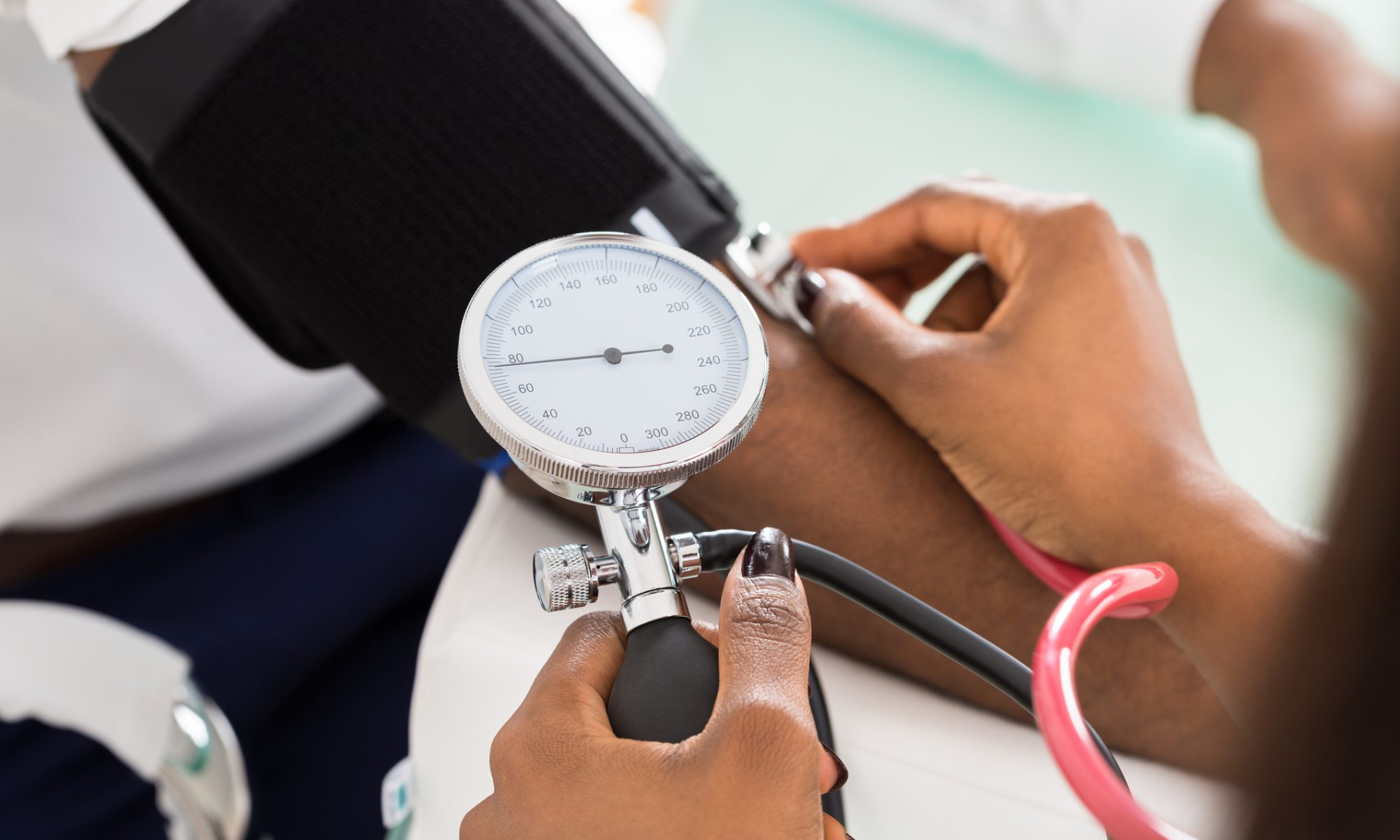— Patients who kept their blood pressure under 140/90 mm Hg had better kidney function at 1 year
WASHINGTON — Controlling blood pressure (BP) in liver transplant recipients led to better renal function at 1 year, post hoc data from a randomized trial suggested.
Recipients taking medication to control their BP had an estimated glomerular filtration rate (eGFR) that was 12.2 mL/min higher at 1 year when they were able to keep their BP below 140/90 mm Hg after liver transplant, reported Elizabeth Cabrera, MD, of Northwestern Memorial Hospital in Chicago. Read more in MedPage Today.









